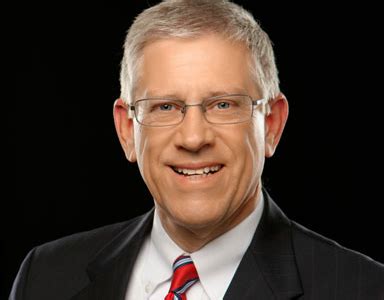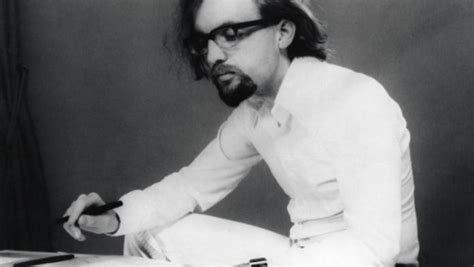A Quote by Sigmund Freud
No other technique for the conduct of life attaches the individual so firmly to reality as laying emphasis on work; for his work at least gives him a secure place in a portion of reality, in the human community.
Related Quotes
No other technique for the conduct of life attaches the individual so firmly to reality as laying emphasis on work; for his work at least gives him a secure place in a portion of reality, in the human community. The possibility it offers of displacing a large amount of libidinal components, whether narcissistic, aggressive or even erotic, on to professional work and on to the human relations connected with it lends it a value by no means second to what it enjoys as something indispensable to the preservation and justification of existence in society.
Reality (i.e., the truth) is that there is a God in heaven. Reality is that He made us and we are accountable to Him. Reality is that this God has spoken and what He says matters--eternally. Reality is that without His salvation, we are doomed to eternal torment. Reality is that God's Son, Jesus Christ, has died for the sins of the world, that He has risen again, and that whoever believes on Him is given eternal life.
Plot involves fragmentary reality, and it might involve composite reality. Fragmentary reality is the view of the individual. Composite reality is the community or state view. Fragmentary reality is always set against composite reality. Virginia Woolf did this by creating fragmentary monologues and for a while this was all the rage in literature. She was a genius. In the hands of the merely talented it came off like gibberish.
The universe bursts into existence from life, not the other way around as we have been taught. For each life there is a universe, its own universe. We generate spheres of reality, individual bubbles of existence. Our planet is comprised of billions of spheres of reality, generated by each individual human and perhaps even by each animal.
It is only in his work that an artist can find reality and satisfaction, for the actual world is less intense than the world of his invention and consequently his life, without recourse to violent disorder, does not seem very substantial. The right condition for him is that in which his work in not only convenient but unavoidable.
The man who works recognizes his own product in the world that has actually been transformed by his work. He recognizes himself in it, he sees his own human reality in it he discovers and reveals to others the objective reality of his humanity of the originally abstract and purely subjective idea he has of himself
In a community of human beings working together, the well-being of the community will be the greater, the less the individual claims for himself the proceeds of the work he has himself done; i.e., the more of these proceeds he makes over to his fellow workers, and the more his own requirements are satisfied, not out of his own work done, but out of work done by the others.
The great genius does not let his work be determined by the concrete finite conditions that surround him, whilst it is from these that the work of the statesman takes its direction and its termination. ... It is the genius in reality and not the other who is the creator of history, for it is only the genius who is outside and unconditioned by history.
Every individual is at once the beneficiary and the victim of the linguistic tradition into which he has been born - the beneficiary inasmuch as language gives access to the accumulated records of other people's experience, the victim in so far as it confirms him in the belief that reduced awareness is the only awareness and as it bedevils his sense of reality, so that he is all too apt to take his concepts for data, his words for actual things.



































